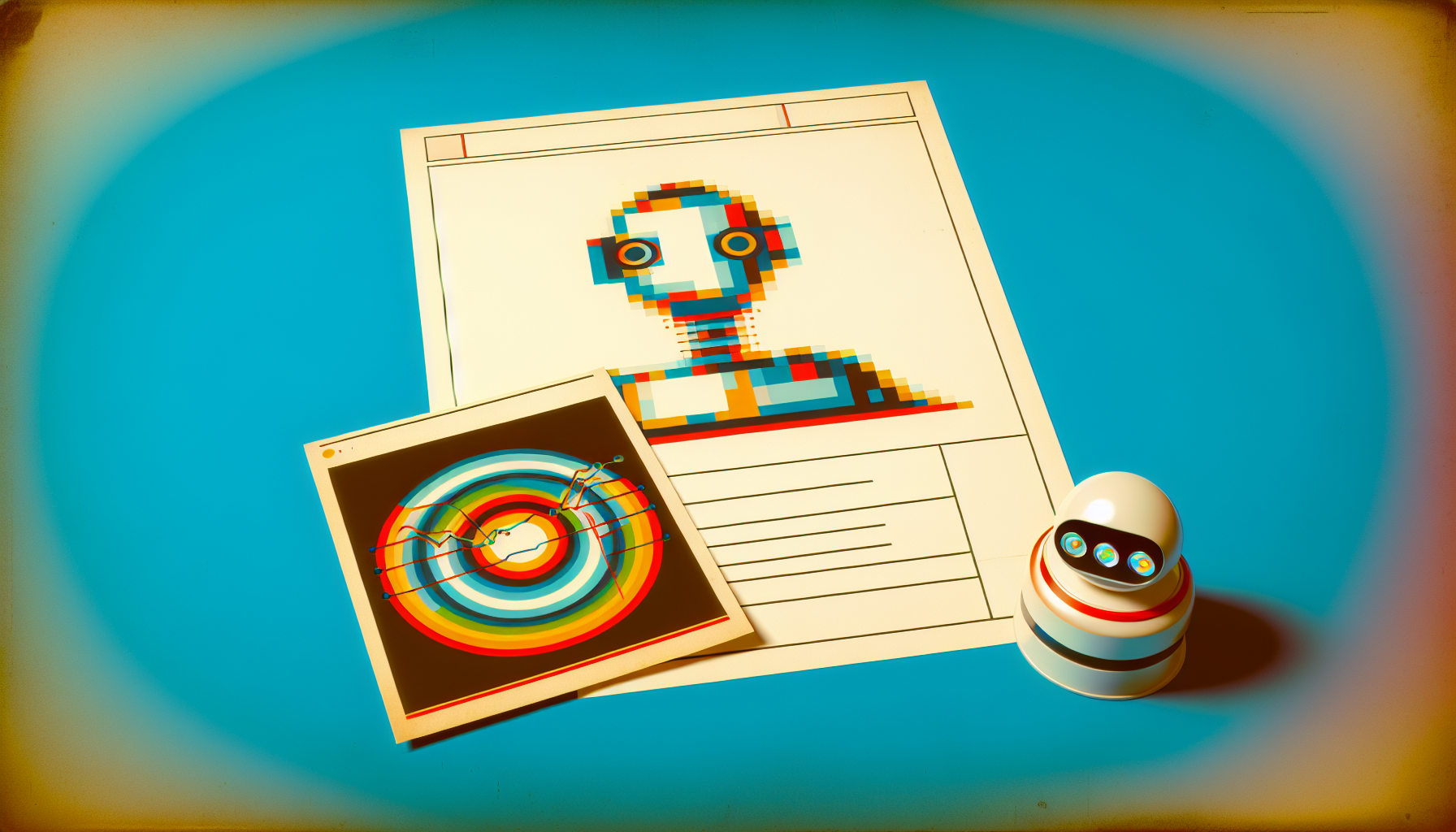Scientific advancements propel humanity forward in ways both profound and unpredictable. Among the most captivating of these is the development of artificial intelligence, a technology that promises to redefine what we know about knowledge itself. With AI’s ability to learn without the constraints humans face, we stand on the brink of a new frontier: learning beyond human limits. But what does this mean for our understanding of knowledge, and how might this reshape our conception of what it means to know?
Learning in a New Key
Throughout history, human knowledge has been built on accumulation, steadily piling observations upon the foundations laid by those before us. But, dear reader, have you ever considered the simple and rather daunting fact that each of us, with our wrinkled brains, can only process and learn so much in a single lifetime? Enter artificial intelligence—a paradigm that turns the traditional tempo of learning on its head.
Unlike humans, AI can process vast swathes of data at speeds that would make even a vigilant octogenarian mathematician pale. It’s capable of uncovering nuanced patterns across datasets too immense for any human to comprehend. AI’s ability to learn is not merely faster; it’s fundamentally different. Imagine seeing the world not just in black and white but in first, then second, and ultimately trivialized into a kaleidoscope of colors. This is the horizon where AI operates, synthesizing oceans of information into distilled learnings at a fraction of the time.
The Expanding Universe of Understanding
While humans are bound by the linear flow of time, AI can train and retrain without pause, manipulating timelines by simulating millions of scenarios. This changes the nature of understanding itself. Rather than relying on intuition—the tried and true method perfected over millennia—AI relies on statistical inferences and patterns. Who needs the gut instinct of a seasoned detective when you have the analytical rigor of a supercomputer?
The implications are staggering. Consider the medical field, where AI can diagnose conditions from subtle anomalies indistinguishable to the human eye. These systems can “read” scans and analyze test results with precision, offering suggestions rooted in a depth of case studies a thousand or even a million-fold greater than any doctor’s experience.
However, does this mean that we’ve reached the zenith of understanding? Or is it, perhaps, that our dear old cranial repository is merely an artifact of a curious but outdated species?
Changing the Concept of Knowledge
This whirlwind of near-magical capability prompts us to reconsider the very nature of knowledge. Where the Enlightenment celebrated reason and empirical evidence, we find ourselves in an era where insight might arise from circuits and machine-learning algorithms more often than leather-bound treatises. But let’s pause a moment, as this isn’t an invitation to bid farewell to human wisdom and herald the dawn of an AI-led utopia. Rather, it’s a call to redefine our role within this evolving landscape.
AI challenges the assumption that knowledge requires consciousness. It forces us to ask whether understanding can encompass entities that simply cannot “know” in the existential or experiential sense. Do we afford the same reverence to the knowledge generated by an AI as that discovered through human endeavor? Or are we evolving into a collaborative species, as adept at learning from silicon as from spirited debate over coffee tables?
Our Role as Curators of Knowledge
What remains distinctly human in this world where machines seemingly outperform us in mental gymnastics? Well, humanity’s journey isn’t over quite yet. Our unique attribute lies not just in consuming information but curating it. While AI can generate insights, it’s humans who can contextualize these into meaningful, ethical, and socially beneficial narratives.
Remember, we’ve spent centuries cultivating wisdom, the kind that considers emotional, social, and ethical dimensions. AI lacks the intrinsic values that we hold dear, such as empathy, compassion, and morality. As makers and users of knowledge, we’re called to harness the power of AI whilst ensuring it aligns with our broader human goals. Rather than being spectators to this quantum leap in knowledge, we become its thoughtful custodians.
Setting Forth: The Collaborative Future
So, what lies ahead in this partnership between humans and machines? In short, possibilities as tantalizing and numerous as the stars—or perhaps even more so. With AI as our ally, we can endeavor to tackle challenges once thought insurmountable. We can broaden our collective horizons, innovate, and take actions grounded in insights spawned from the logic of a thousand rapid, illuminating thought experiments.
But within this thrilling odyssey of discovery, let’s remember to pause and cherish our age-old traditions—those that sing to our hearts and instruct our moral compass. In doing so, we embrace the promise of AI to learn beyond our limits, supplementing but not supplanting our humanity, as we continue learning new melodies in the vast symphony of existence.

Leave a Reply